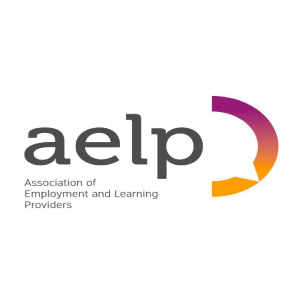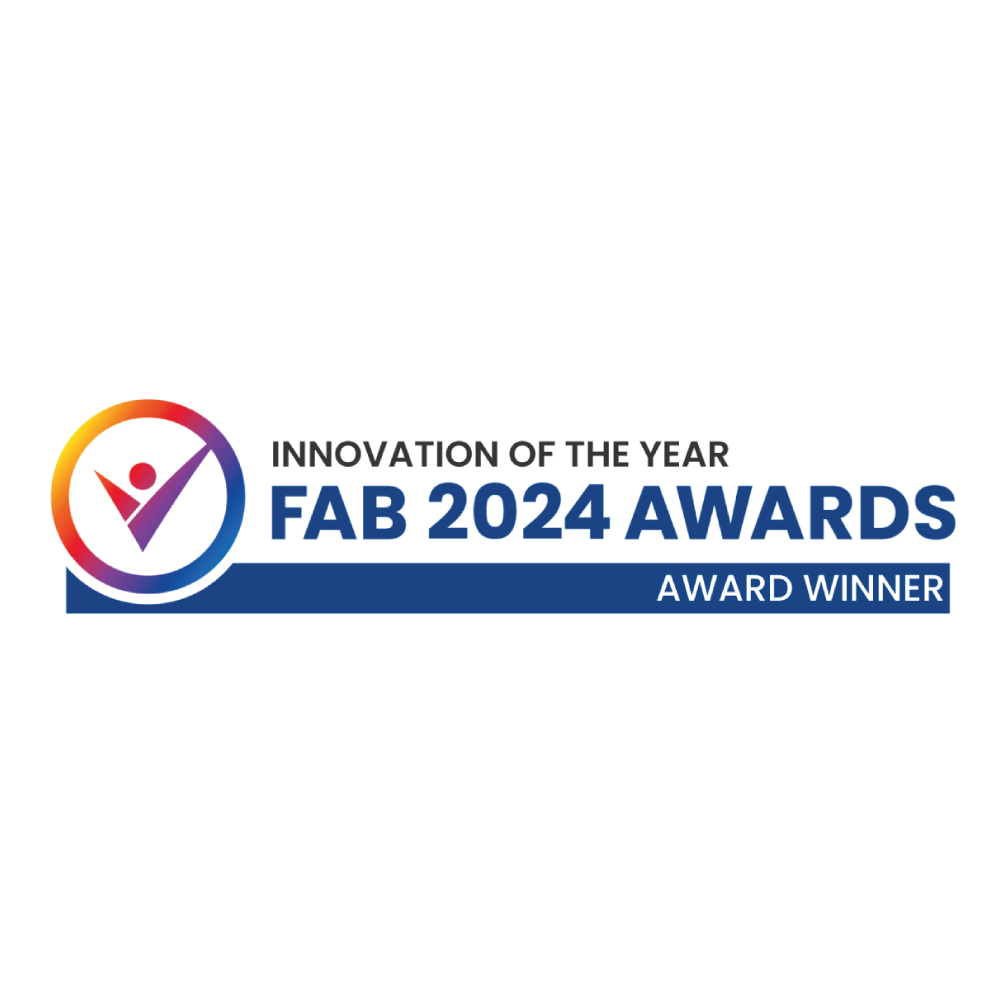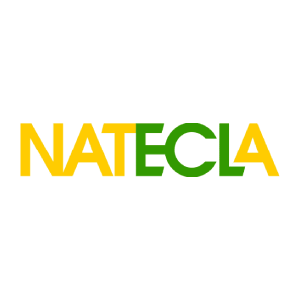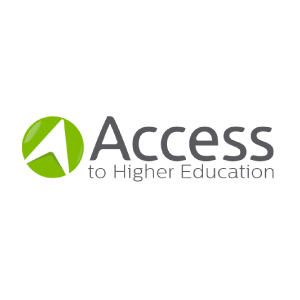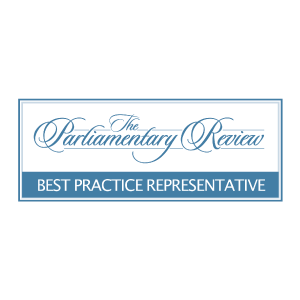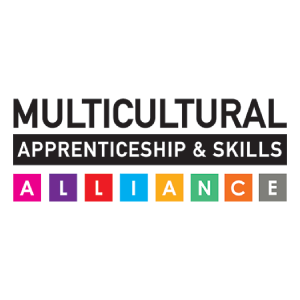
The Awarding of ESOL Skills for Life Award and Certificates Under the Exceptional Regulatory Framework in Summer 2020
Updated 27th August 2020
Awarding of ESOL qualifications Summer 2020
Following consultation, Ofqual and Qualifications Wales have designed an approach to awarding qualifications that is fair and consistent across all learners, levels and Awarding Organisations.
These arrangements apply to learners who were due to take assessments towards ESOL Skills for Life Awards or Certificates between 21st March (when classroom-based delivery was suspended) and 31st July 2020.
For Ascentis ESOL Skills for Life qualifications centres can:
- Submit claims for learner achievement of live assessments taken on or before 20th March 2020
- Submit claims for learner achievement of qualifications by calculating grades based on trusted corroborative evidence.
- Delay assessment until it is convenient to undertake live assessments under usual assessment conditions.
ESOL Skills for Life FAQs: Following the delivery of our ESOL specific webinars we have produced a Frequently Asked Questions document, this can be found here.
1. Submitting claims for learner achievement of live assessments taken on or before 20th March 2020.
Claims should be submitted on QuartzWeb in the usual way. Internal Quality Assurance should be completed as usual. Please contact your EQA or operations@ascentis.co.uk to request a postal verification of your assessments or if you have any queries. You will receive a claim form and postal checklist from your EQA with full instructions on how to complete the process of postal verification.
2. Submitting claims for learner achievement of qualifications by calculating grades, based on trusted corroborative evidence.
In the first instance, you must decide and confirm to Ascentis if your centre has learners who you consider may be able to achieve this summer under the Extraordinary Regulatory Framework. If this is relevant to your centre, please complete the spreadsheet sent to centres on 26th May, to confirm the ESOL qualifications and the approximate learner numbers to be claimed. Please return this via email to hello@ascentis.co.uk.
Ensure that you have registered any learners who are not yet registered with Ascentis, but who you consider might satisfy the conditions for achievement set out by the Extraordinary Regulatory Framework. You should register learners in the usual way before close on Monday 8th June.
|
The decision on whether to claim achievement by calculated grade should: (i) be made by the class tutor, who knows the individual learner and is responsible for their progress and achievement, and (ii) be confirmed by the Head of Centre. Before deciding whether to claim achievement for any learner, tutors should use their professional judgement to consider the following points carefully:
1. Do you have sufficient trusted evidence that the learner has made appropriate progress towards the qualification?
2. Is the learner ready to move up to the next level of study in the subject being awarded or to progress to their next step after this qualification? Would they benefit more from continuing to study at this level? |
Trusted evidence to support ESOL Skills for Life Centre Assessment Grades
The following tables indicate the types of trusted evidence generated before and after 20th March 2020 that should be used to support judgements for Centre Assessments Grades (CAGs) for Ascentis ESOL Skills for Life Awards and Certificates.
This guidance should be read in conjunction with the information provided in the document Ascentis Vocational Qualifications Awarding Summer 2020 Guidance – Extraordinary Regulatory Framework.
|
Centre evidence generated before 20th March 2020 supporting a CAG for ESOL Skills for Life |
Comments |
Action |
|
Completed and achieved live assessments. IQA process completed. |
|
Claim as usual and request EQA postal verification and certification |
|
Completed and achieved live assessments. IQA process not completed. |
|
Complete IQA and then claim and request EQA postal verification and certification as above |
|
All the following evidence must be supported by a tutor statement that corroborates the progress the learner has or would have made since the evidence was generated. Centres must consider all the available evidence to be confident in making an overall judgement to award a CAG. The minimum acceptable evidence is at least one item of assessment or completed task/exercise for each Unit or Award being claimed. This list is not exhaustive and other evidence may be considered by Ascentis on request. |
||
|
Completed and marked practice papers, taken under supervised conditions showing achieved pass mark |
|
Calculate grade and submit result under ERF arrangements |
|
Completed and marked live assessments where learner did not achieve pass mark (not IQA’d) |
Not achieved assessments should be accompanied by evidence of further work pre or post 20th March |
Calculate grade and submit result under ERF arrangements |
|
Partially completed live assessment showing achieved pass marks: e.g. S&L Task 1 & either 2/3 Writing Task 1 & either 2/3 Reading two tasks |
|
Calculate grade and submit result under ERF arrangements |
|
Partially completed live assessments where learner did not achieve pass mark in both tasks: e.g. S&L Task 1 & either 2/3 Writing Task 1 & either 2/3 Reading two tasks |
Should be accompanied by evidence of further progress pre or post 20th March |
Calculate grade and submit result under ERF arrangements |
|
Completed and marked practice papers taken under supervised conditions where learner did not achieve pass mark |
Not achieved assessments should be accompanied by evidence of further work pre or post 20th March |
Calculate grade and submit result under ERF arrangements |
|
Completed and marked coursework tasks or exercises. These should evidence the learner’s work pertinent to the subject and Core Curriculum level of the qualification being claimed. These could be paper, electronic or audio/video recordings, but must be in a form that is available to EQA for sampling. |
Should be accompanied by a Tutor/Learner declaration of own work |
Calculate grade and submit result under ERF arrangements
|
|
Where a claim is for a full Certificate, evidence of achievement of two of the three Units before 20th March can be accepted towards the claim for a full Certificate at the same level (or the level below), but must be supported by additional evidence of work on the outstanding Unit |
In conjunction with appropriate evidence of work on the outstanding unit. |
Calculate grade and submit result under ERF arrangements. Alternatively, can be Certificated as two individual Awards and the remaining Award can be taken later. |
|
Centre evidence generated since 20th March 2020 supporting a Centre Assessment Grade for ESOL |
Comments |
Action |
|
Centres must consider all the available evidence to be confident in making an overall judgement to award a CAG. The minimum acceptable evidence is at least one item of formative assessment or completed task/activity/correspondence for each Unit or Award being claimed. This list is not exhaustive and other evidence may be considered by Ascentis on request.
The evidence must be supported by a tutor statement that corroborates the progress the learner made or would have made since the evidence was generated.
Centres should record the evidence available and be prepared to provide all the evidence for any learner where a sample is requested for External Quality Assurance. |
||
|
Formative assessments:
|
||
|
Whole or partially completed Ascentis practice papers |
Requires confirmation by tutor and learner to validate that it is their own unaided work. |
Tutor judges whether the evidence is sufficient and if it is, submits CAG result under ERF arrangements.
|
|
Tutor created tasks that reflect assessment practice tasks (i.e. address the task and level assessment criteria) marked in accordance with the assessment criteria. Can be paper based or electronic.
|
Requires confirmation by tutor and learner to validate that it is their own unaided work.
|
Tutor judges whether the evidence is sufficient and if it is, submits CAG result under ERF arrangements.
|
|
Results of any other formative assessment taken to check learning has taken place and assess progress towards unit or qualification achievement. Can be paper based or electronic.
|
Requires confirmation by tutor and learner to validate that it is their own unaided work.
|
Tutor judges whether the evidence is sufficient and if it is, submits CAG result under ERF arrangements.
|
|
Completed and marked coursework tasks, activities or correspondence: These should evidence the learner’s work pertinent to the subject and Core Curriculum level of the qualification being claimed. Could be paper, electronic or audio/video recordings but must be in a form that is available to EQA for sampling purposes. |
||
|
Tasks, activities or correspondence (e.g. form, text message, email, letter, review, report etc.) by learners that demonstrates competence of at least some assessment criteria for Writing at the level claimed. This could be paper based or electronic. |
Requires confirmation by tutor to validate learner identity and that it is the learner’s unaided work. |
Tutor judges whether the evidence is sufficient and if it is, submits CAG result under ERF arrangements. |
|
Audio or video recordings of spoken tasks, activities or correspondence from learners that demonstrate competence of at least some assessment criteria for S&L at the level claimed. (e.g. practice roleplays, discussions, presentations or other types of dialogue) |
Requires confirmation by tutor to validate learner identity and that it is the learner’s unaided work. |
Tutor judges whether the evidence is sufficient and if it is, submits CAG result under ERF arrangements.
|
|
Reading tasks or activities with learner answers recorded that demonstrate competence of at least some assessment criteria for Reading at the level claimed. This could be paper based or electronic. |
Requires confirmation by tutor to validate learner identity and that it is the learner’s unaided work. |
Tutor judges whether the evidence is sufficient and if it is, submits CAG result under ERF arrangements. |
|
Supporting evidence – centre records: |
||
|
Attendance records (Register) of face to face or online sessions
|
Supporting evidence only |
Record with other evidence and submit if requested for sampling. |
|
Progress Tracking records; e.g. ILP entries or tutor tracking documents/electronic records
|
Supporting evidence only |
Record with other evidence and submit if requested for sampling.
|
|
Tutor predicted grades
|
Supporting evidence only |
Record with other evidence and submit if requested for sampling.
|
|
Where a claim is for a full Certificate, evidence of achievement of two of the three Units can be accepted towards the claim for a full Certificate at the same level (or the level below), but must be supported by additional evidence of work on the outstanding Unit |
In conjunction with evidence of work on the outstanding unit. |
Alternatively can be Certificated as two individual Awards and the remaining Award can be taken later. |
3. Delaying assessment until it is convenient to undertake live assessments under usual assessment conditions.
Centres can delay assessments and do not need to notify Ascentis of their intentions. Candidate registrations will remain valid on Quartzweb. For example, centres may choose to offer live assessments to learners when their centre is re-opened, under relevant social distancing conditions. The regulators have confirmed that delayed assessments must be completed by the end of the autumn term.
ESOL ERF Awarding Summer 2020
Those centres that have claimed for learners in Summer 2020 for ESOL qualifications, will have submitted the required information to Ascentis in order to conduct External Verification and issue results. If any centres have any questions regarding the results you have submitted, please contact hello@ascentis.co.uk. Any learners that require information regarding results, must contact their centres (college, school or training provider).
ESOL Arrangements from September 2020
The regulators (Ofqual & Qualifications Wales) are currently consulting on an Extended Extraordinary Regulatory Framework which will consider arrangements for the delivery and assessment of qualifications in the 2020-21 academic year. Once the consultation is complete, we will communicate with centres about any changes that can be made to ESOL delivery and assessment so that learners are not disadvantaged by any further disruption to their learning, for example due to local lockdown restrictions. We are looking into ways of supporting centres at the moment. Delivery of Ascentis ESOL qualifications should continue to meet the requirements of the specification and be completed in line with normal arrangements in the meantime. If you have any questions regarding this, please contact the Quality Assurance Team at qualityassurance@ascentis.co.uk.
